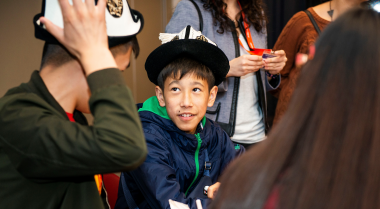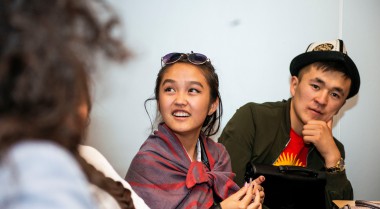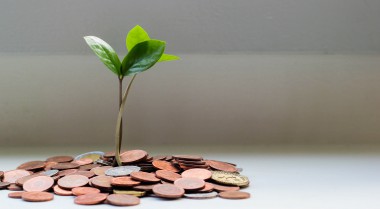
FUND US LIKE YOU WANT US TO WIN: Feminist Solutions for more Impactful Financing for Peacebuilding
The international community recognises that adequate, predictable and sustained financing for diverse women peacebuilders is an imperative prerequisite to sustaining peace and preventing conflict at the field level. Around the world, women are at the forefront of building and sustaining peace in their communities. Moreover, the COVID-19 pandemic has underscored that when crises hit, local actors are the first and most effective responders.
This background paper focuses on six structural barriers faced by diverse women peacebuilders in accessing funds to support their work and presents concrete, innovative and practical solutions to address:
- inadequate cumulative amount of funding for peacebuilding in light of competing priorities of Member States.
- scarcity of direct funding to women peacebuilders.
- persistent presumption of incapacity and risk when funding women peacebuilders
- lack of opportunities for women peacebuilders to influence decision-making about financing priorities.
- short-term, output-driven financing models.
- severe scarcity of rapidly accessible and flexible funding for the protection of women peacebuilders.
We recognise that innovative solutions to mitigate these challenges have been identified and are being increasingly embraced as good practices. These include establishing pooled funds to directly support local women peacebuilders and channelling funds to grassroots peacebuilders through larger “intermediary” organisations. While acknowledging that existing solutions to mitigate challenges need to be further amplified and strengthened, this paper explores innovative avenues to transform the current system of peacebuilding financing to sustainably address the challenges faced by diverse women peacebuilders in the pursuit of inclusive and lasting peace.
This background paper was prepared together with the Global Network of Women Peacebuilders (GNWP), International Civil Society Action Network (ICAN), Kvinna till Kvinna, MADRE, and Women’s International League for Peace and Freedom (WILPF).


